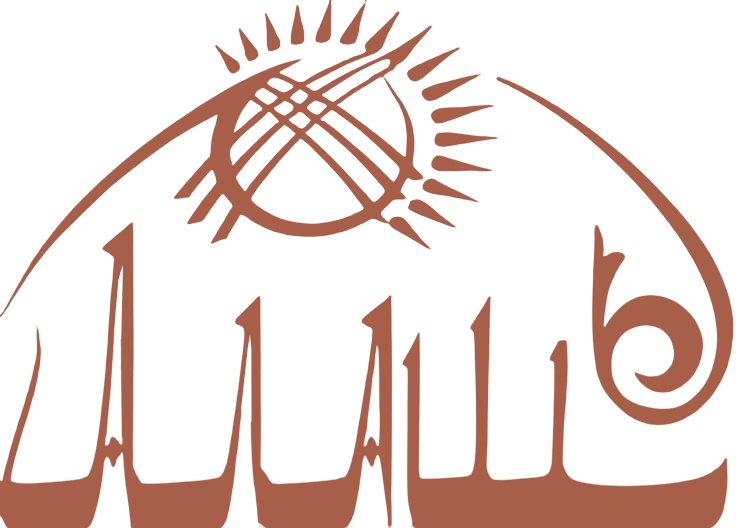
Magzhan Bekenovich Zhumabayev was born on June 25, 1893 in the Poludinsk parish of Petropavlovsk county of Akmola province (now Magzhan Zhumabayev’s district of North Kazakhstan region).
From 1905 to 1910, Magzhan studied at the madrasah (theological seminary) in Petropavlovsk, where madrasah’s students learnt Arabic, Persian, and Turkish as main subjects; also history of the Turkic people was studied.
The creative path of Zhumabayev began in 1909. The collection “Sholpan” (Kazan, 1912) brought him wide recognition.
During this period, he met people who had a great influence on his work: B. Mailin, S. Seifullin, M. Dulatov, G. Potanin. The last, after the first meetings with Magzhan, predicted that the young man would become the second Chokan Valikhanov in future. The prediction of the great scientist came true: Magzhan Zhumabayev later became a major Turkologist, historian, linguist, teacher in the spirit of the Russian classical school, the author of textbooks on the Kazakh language and literature, the book “Pedagogy”.
In the first half of the 1920s M. Zhumabayev lives in Tashkent, where he works in the newspaper “Ak Zhol” (The Bright way), also he is published in local magazines “Sholpan”, “Sana” (Consciousness). At that time, the famous poem “Batyr Bayan” was created. Here, in Tashkent, his second collection of poems was published in 1923.
In 1927 Magzhan returned to Petropavlovsk and worked as a teacher of a pedagogical junior technical college and in a soviet school.
He was a member of the “Alash” committee of the Akmola region; at the second congress of “Alash Orda” was elected as a chairman of the Commission for Education.
In 1929, M. Zhumabayev was arrested and convicted for 10 years, incriminating him for the creation of the Alka (Necklace) group in 1921 for allegedly backstreet activities, although this group was organized by the Kazakh SSR representative office under Sibrevcom (The Siberian Revolutionary Committee) to widely inform the population of Siberia about the Kazakh Republic. In 1935, in the camp, Magzhan wrote a letter to Maxim Gorky, who helped him to get out of prison early. In 1936, returning to Petropavlovsk, he began to work as a teacher of the Russian language and Russian literature at the incomplete secondary school named after Pushkin, but soon the “Activist of Alash Orda” was dismissed. He decides to go to Alma-Ata to work in the museum of local lore. I have not had time to get used to a new job – he is fired again. Despite his position, his state of mind, he writes poems “Dzhambulu”, “Ninety-nine”, “To my pen”.
On December 30, 1937 Magzhan was again arrested, and on March 19, 1938, he was shot as a “people’s enemy”.
On July 8, 1960 Zhumabayev was posthumously rehabilitated.



